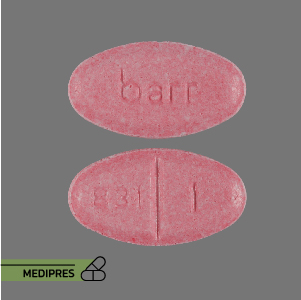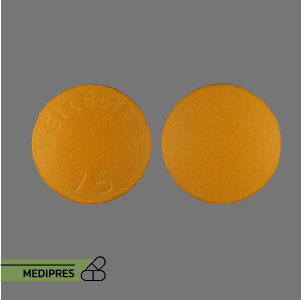
Wakix
23 June, 2023
Wegovy
23 June, 2023Warfarin
Generic name: Warfarin
Drug class: Coumarins and indandiones
Dosage forms: Tablet, Injection
Root of administration: Oral, Intravenously (IV)
Dose: 1, 2, 2.5, 3, 4, 5, 6, 7.5, 10 mg
Mechanism of action: Warfarin is an anticoagulant (blood thinner). Warfarin reduces the formation of blood clots.
Drug usage cases: Warfarin is used to treat or prevent blood clots in veins or arteries, which can reduce the risk of stroke, heart attack, or other serious conditions.
Drug contra indications: You should not take warfarin if you are allergic to it, or if:
you have very high blood pressure; you recently had or will have surgery on your brain, spine, or eye; you undergo a spinal tap or spinal anesthesia (epidural); or you cannot take warfarin on time every day. You also should not take this medicine if you are prone to bleeding because of a medical condition, such as:
a blood cell disorder (such as low red blood cells or low platelets); ulcers or bleeding in your stomach, intestines, lungs, or urinary tract; an aneurysm or bleeding in the brain; or an infection of the lining of your heart. Warfarin can make you bleed more easily, especially if you have ever had:
high blood pressure or serious heart disease; kidney disease; cancer or low blood cell counts; an accident or surgery; bleeding in your stomach or intestines; a stroke; or if you are 65 or older. To make sure warfarin is safe for you, tell your doctor if you have ever had:
diabetes; congestive heart failure; liver disease, kidney disease (or if you are on dialysis); a hereditary clotting deficiency; or low blood platelets after receiving heparin.
Side effects: Get emergency medical help if you have signs of an allergic reaction to warfarin: hives; difficult breathing; swelling of your face, lips, tongue, or throat. Warfarin increases your risk of bleeding, which can be severe or life-threatening. Call your doctor at once if you have any signs of bleeding such as:
sudden headache, feeling very weak or dizzy; swelling, pain, unusual bruising; bleeding gums, nosebleeds; bleeding from wounds or needle injections that will not stop; heavy menstrual periods or abnormal vaginal bleeding; blood in your urine, bloody or tarry stools; or coughing up blood or vomit that looks like coffee grounds. Clots formed by warfarin may block normal blood flow, which could lead to tissue death or amputation of the affected body part. Get medical help at once if you have:
pain, swelling, hot or cold feeling, skin changes, or discoloration anywhere on your body; or sudden and severe leg or foot pain, foot ulcer, purple toes or fingers.
Warnings: You should not take warfarin if you are prone to bleeding because of a medical condition, if you have an upcoming surgery, or if you need a spinal tap or epidural. Do not take warfarin if you cannot take it on time every day. Warfarin increases your risk of severe or fatal bleeding, especially if you have certain medical conditions, if you are 65 or older, or if you have had a stroke, or bleeding in your stomach or intestines. Seek emergency help if you have any bleeding that will not stop. Call your doctor at once if you have other signs of bleeding such as: swelling, pain, feeling very weak or dizzy, unusual bruising, bleeding gums, nosebleeds, heavy menstrual periods or abnormal vaginal bleeding, blood in your urine, bloody or tarry stools, coughing up blood or vomit that looks like coffee grounds. Many other drugs can increase your risk of bleeding when used with warfarin. Tell your doctor about all medicines you have recently used. Avoid making any changes in your diet without first talking to your doctor. Some foods can make warfarin less effective.
Use during pregnancy or breastfeeding: Do not take warfarin if you are pregnant, unless your doctor tells you to. Warfarin can cause birth defects, but preventing blood clots may outweigh any risks to the baby. If you are not pregnant, use effective birth control to prevent pregnancy while taking warfarin and for at least 1 month after your last dose. Tell your doctor right away if you become pregnant. It is not known whether warfarin passes into breast milk. Watch for signs of bruising or bleeding in the baby if you take this medicine while you are breast-feeding a baby.



